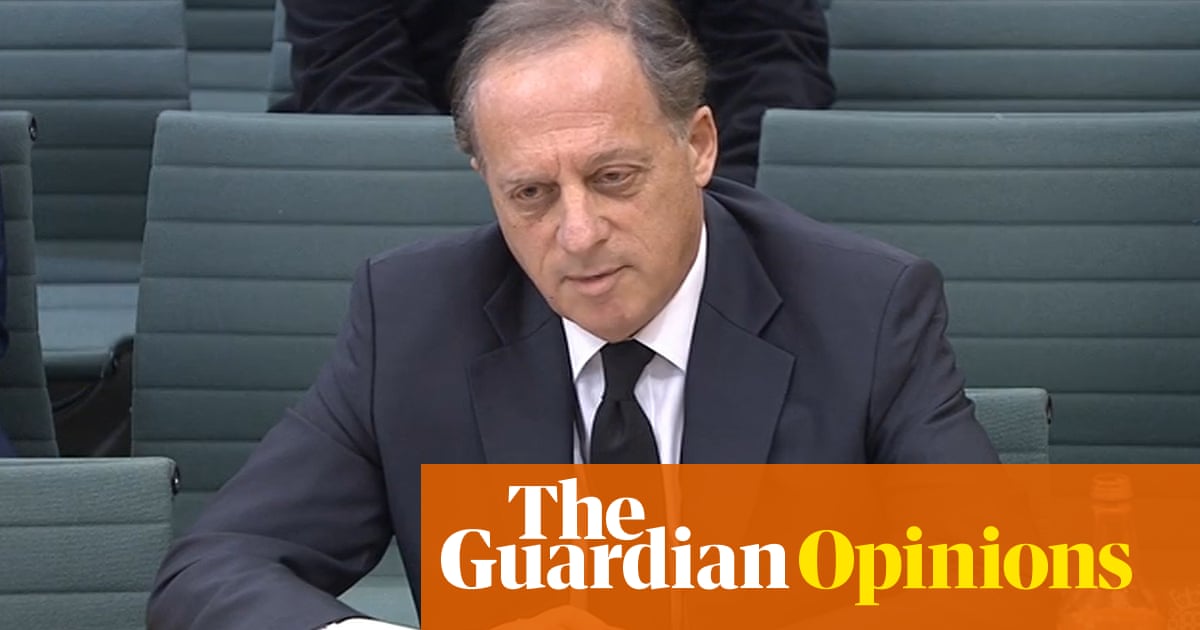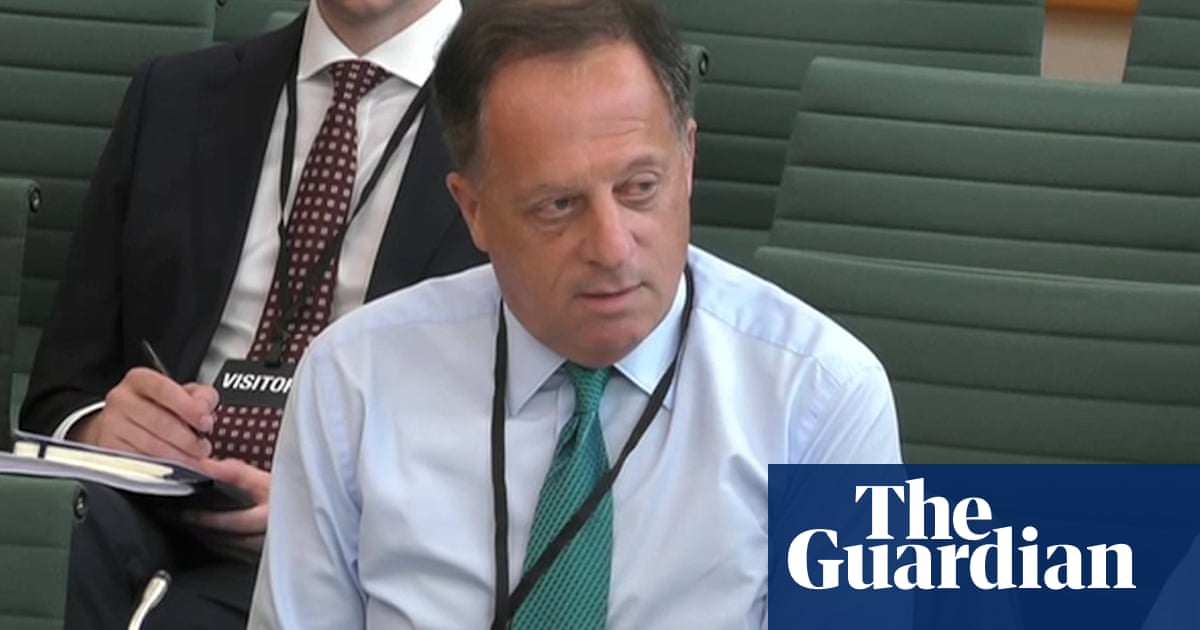
The affair of Sam Blyth helping to secure a loan of up to £800,000 for Boris Johnson has left Richard Sharp, the BBC chair, badly wounded. Assuming he survives, his reputation will depend on his defending the corporation to the death against its enemies – particularly those on the right. He was a friend of Johnson, was Rishi Sunak’s boss at Goldman Sachs, and has given generously to the Tory party. He is perfectly cast as the champion in high places the BBC needs.
At each stage in the loan saga, individuals behaved like suspects in an Agatha Christie novel. Each carefully distanced themselves from the scene of crime. When a healthcare company in which Sharp held a major stake won a Covid contract while he was a Downing Street adviser, he was no longer on the board.
When Blyth – who was applying to be chief executive of the British Council – sought to act as a guarantor for a credit facility of up to £800,000 for his distant cousin, the prime minister, he did not call Johnson at Chequers. Instead, he approached his friend Sharp, who approached the cabinet secretary, Simon Case. Did Blyth know that Sharp wanted the BBC job, and that acting as a conduit might help? Apparently not. But Sharp knew that Case probably knew, and meticulously recused himself from any further lobbying. Meanwhile, Case was reportedly not informed, and Johnson has denied knowing, about Blyth’s talks with the British Council. When the whole confusion was delegated to Downing Street’s ethical Poirot, William Shawcross, he recused himself as a friend of Sharp’s. We await the movie.
Given the murky underworld of private donations in British politics, everyone could say they had done nothing wrong. Sharp could tell the Commons digital, culture, media and sport committee that he honestly felt sufficiently distanced from Blyth’s antics not to mention them. It may indeed have seemed odd, given that at the time, stupendous sums were swirling through Covid-ridden Whitehall, apparently unchecked by parliament’s spineless audit. Clearly a mention to the committee would now seem advisable, and therefore an apology would be in order. Commons committees take themselves beyond seriously. But that is with the benefit of hindsight.
At a certain point in a Westminster crisis, right and wrong give way to the judgment of crowds. Blyth’s offer to help secure a loan of up to £800,000 may be pocket money to a Goldman Sachs executive, but by the start of this month it had acquired the toxicity of a Medellín cocaine contract. The context, however, is that all political money is transactional. Since 1925 it has supposedly been illegal to buy membership of the House of Lords, yet the practice never stops. I know of not one select committee that has taken a peer to task for blatantly spending millions on a peerage. Sleaze is built into the system. In such a climate, it is hard to see that Sharp committed a hanging offence.
More to the point, the BBC has bigger fish to fry. It has to survive the next two years under this Tory government, many members of which hate it and want it gone. It currently has a chairman better connected than any of his forebears to the prevailing regime in Downing Street. He has publicly supported the corporation’s continued existence, its revenues and its independence. Given his present predicament, he has everything to gain from being an outspoken leader of the corporation. Realism says the BBC needs Sharp as much as Sharp needs the BBC.
Simon Jenkins is a Guardian columnist












